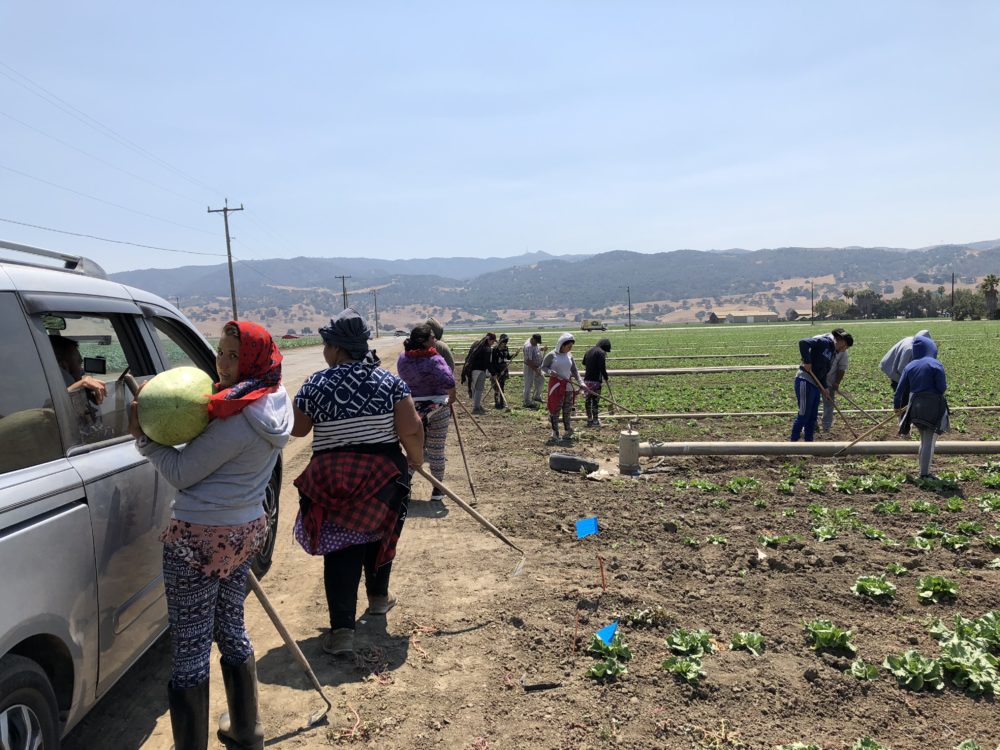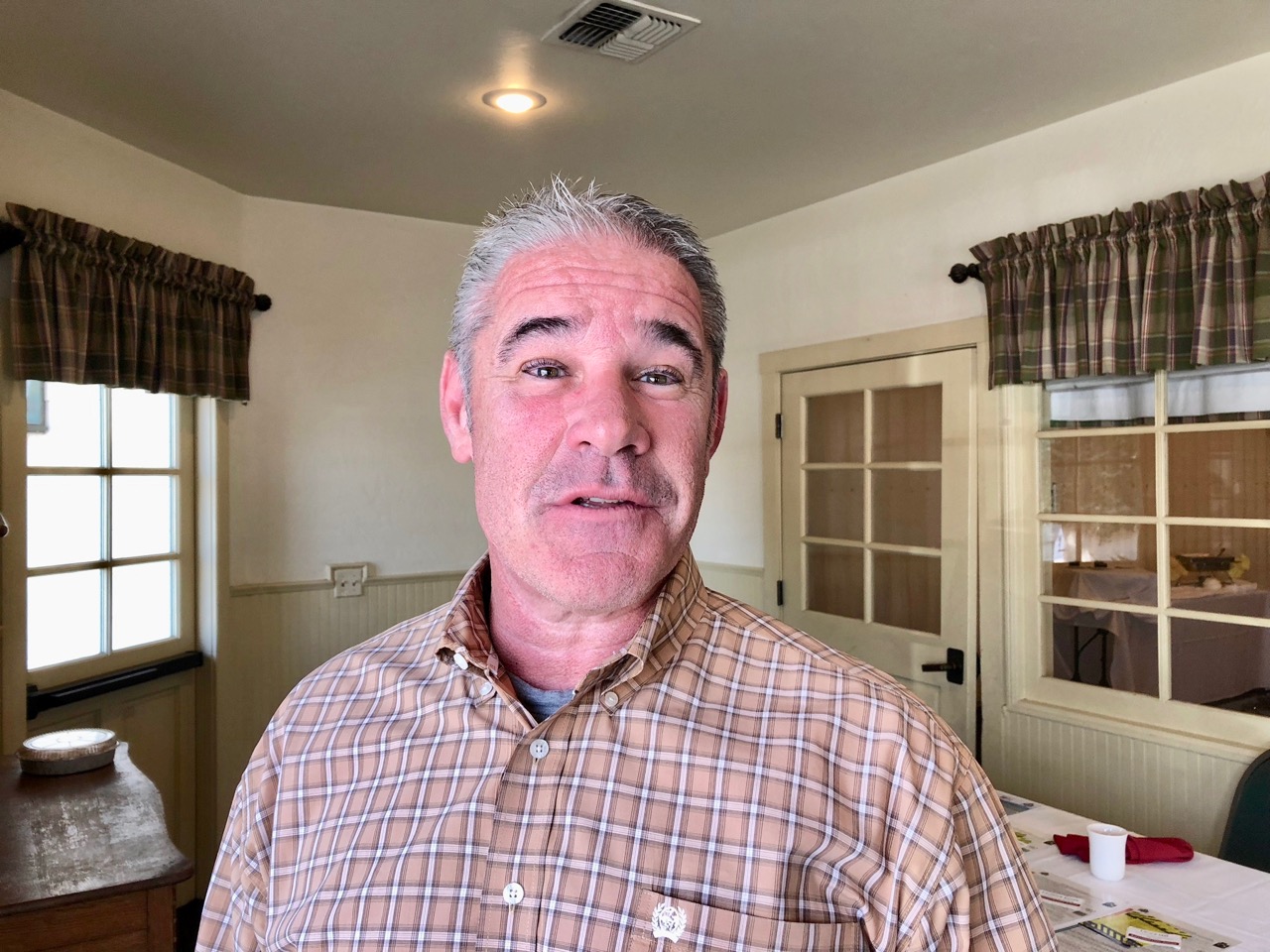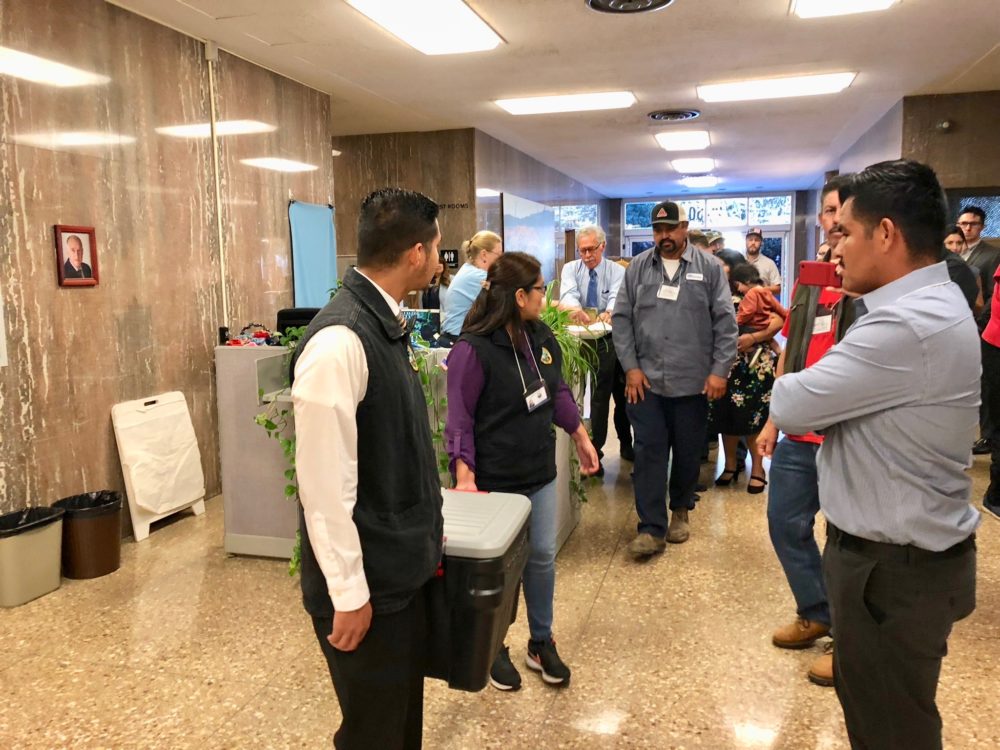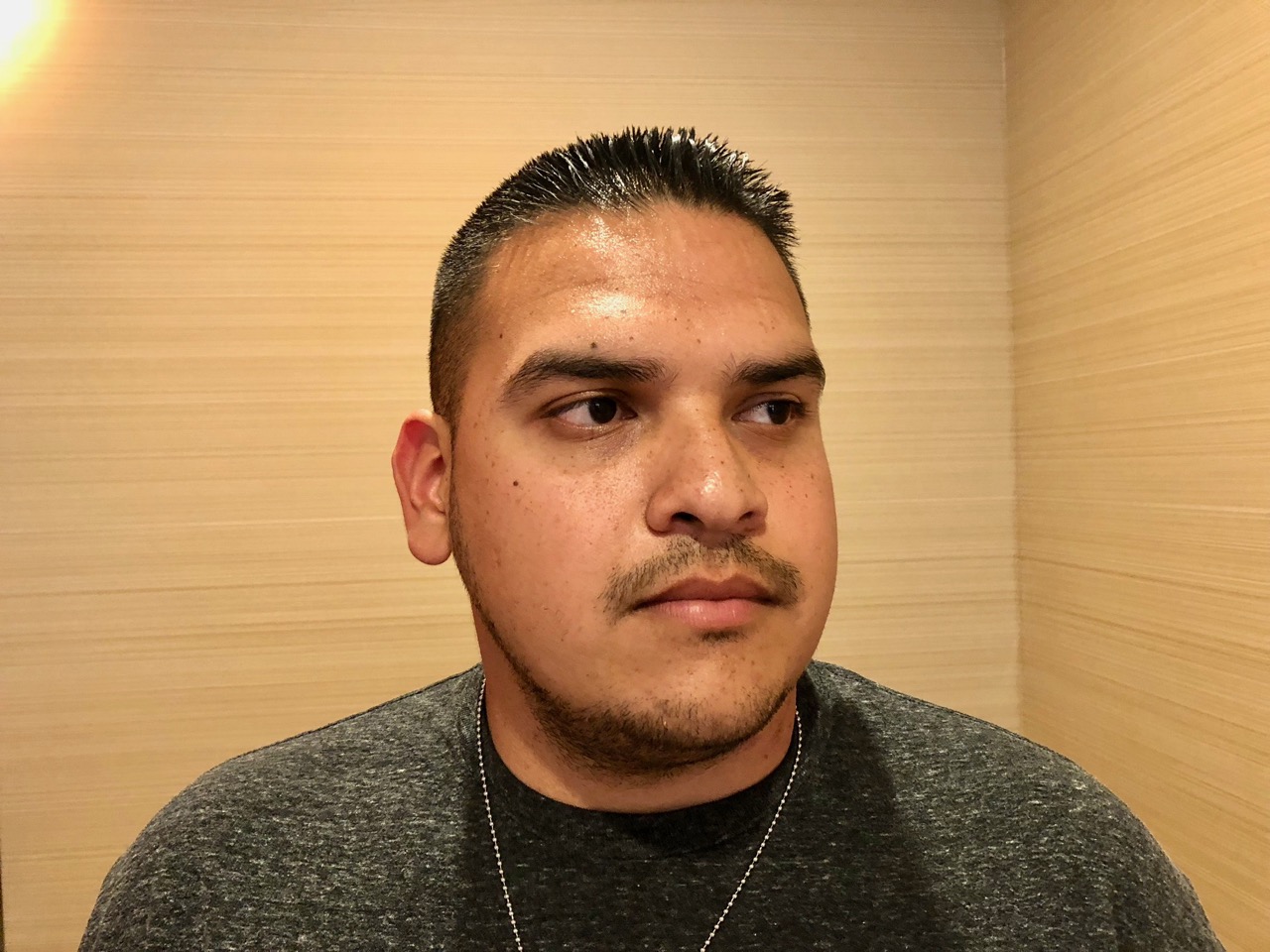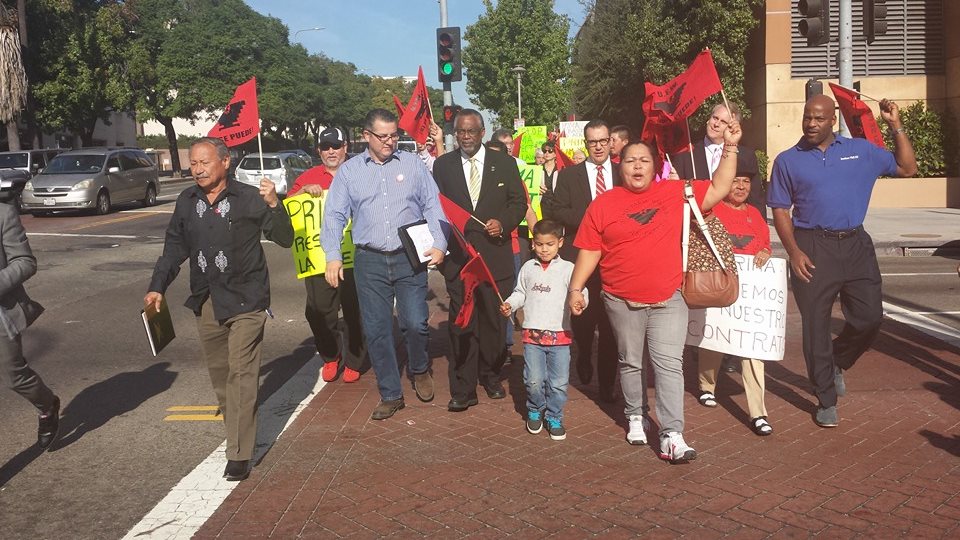ALRB/UFW Access Update Meeting March 21 in Bakersfield
Meeting March 21, 7 am -11 am at Hodel’s Restaurant in Bakersfield
By Patrick Cavanaugh, Editor
Jesse Rojas, the founder, and CEO of The Redd Group; Michael Saqui from the Saqui Law Group; and Raul Calvo from Employer Services are the presenters of an upcoming important seminar. It will specifically focus on agriculture and farm labor contractors, growers, packers, and shippers, regarding ALRB and UFW access. Attendees will learn what to do when the United Farm Workers union is wanting to take access and speak with farm employees to try to unionize them.
“The reason why we wanted to do this now before the season started is that the UFW has been very active this year, said Rojas. “The union is trying to get out of the hole that they’ve been in after so many losses. They pulled a big PR stunt earlier this year at Wonderful in Delano, and we also heard that they’re continuing to hire multiple organizers, which indicates that they’re trying to get more active in our industry this year.”
The dos and don’ts will be discussed when it comes to the union trying to take access to your employees or trying to gain access in your fields. Saqui will be presenting his hot topics in labor and employment. He will also delve into the overtime pay in agriculture, which is confusing and ever-changing.
“Raul Calvo will speak about how to improve employee relations and communications with your employees out in the field and avoid having a third party attempt to step in and become the medium of communication between you and your employees,” Rojas said.
State Senator Shannon Grove will also be speaking at the event at 8:30 in the morning, and she will be focusing on some of the legislation—the good and bad law that’s currently happening at the capital that’s going to affect agriculture.
“She will also speak about the general overreach of state agencies such as the ALRB,” Rojas said.
The location of the meeting is Hodel’s Country Dining at 5917 Knudsen Drive, Bakersfield, CA 93308.
For more information and to register, RSVP at Jesse@reddgroup.org or call 844-946-7333. Seating is limited.

